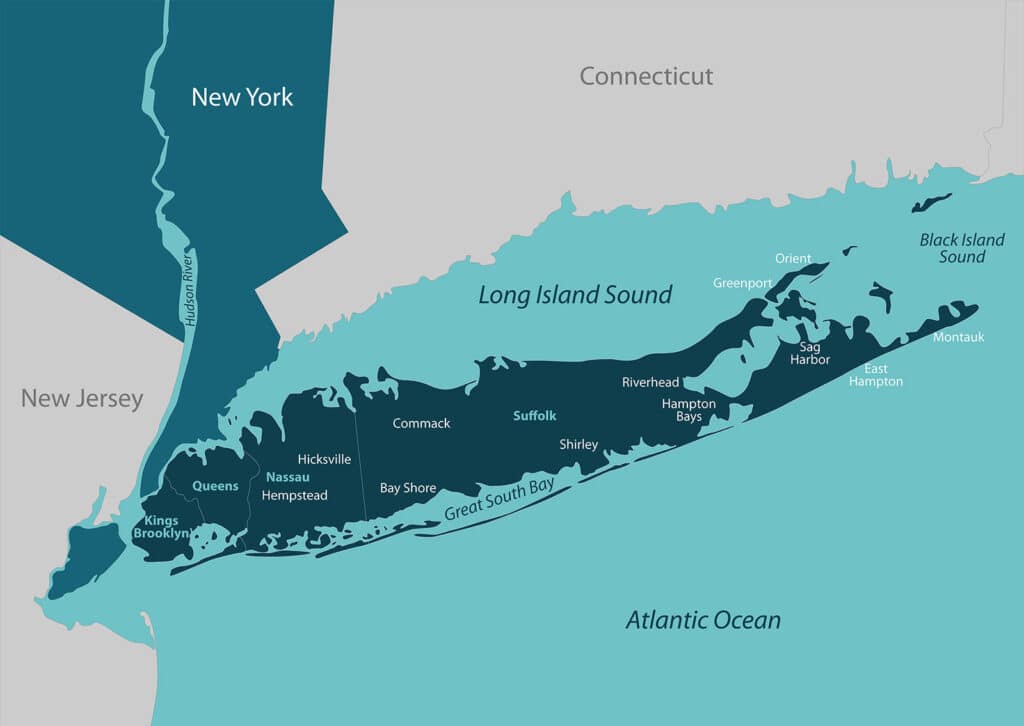Drug abuse is one of the major problems in the United States. In 2021 alone, the NCDAS reported that 19.4% of Americans have consumed illegal substances at least once in their lifetimes.
Because of these worrisome findings, the need for reliable drug rehab programs in every city of the nation is always increasing. Drug treatment centers can help people who suffer from addiction get back to their normal lives and minimize the chances of relapse.
Learn more about drug addiction, types of rehabilitation programs, and where to find trusted drug rehab in Garden City, NY.
Table of Contents
Understanding Drug Addiction
Drug addiction has several definitions. The simplest one is that it’s the consumption of illegal substances that severely affect a person’s brain and behavior.
People who suffer from drug addiction (or substance use disorder) are unable to stop taking drugs despite their negative effects on their mental and physical well-being.
Typically, any tries to reduce drug consumption lead to mild to severe withdrawal symptoms depending on the gravity of the addiction.
This makes giving up drugs much harder as a solo approach. As a result, drug addiction requires intervention by medical professionals.
Drug Addiction in Garden City NY
There isn’t much data on the types of drugs commonly abused in Garden City. But you may want to get an idea about the top drugs used in the State of New York to give you a general overview of the substance abuse problem in Long Island as a whole.
According to official reports from the past few years, heroin takes the number one spot, followed by marijuana, cocaine, alcohol, and fentanyl.
Many statistics about the drug addiction problem in New York need our attention. One significant stat says that deaths from chronic drug abuse have increased by 71% in the period between 2010 and 2015 in the state.
In addition, 30 per 100,000 people in New York died from overdosing on drugs in 2021 alone.
Understanding Drug Rehabilitation
The drug rehabilitation process refers to the psychotherapeutic treatment that rehab facilities offer to people with drug addiction issues. This treatment consists of a few general steps, starting with detoxifying the body of the misused drug.
The rest of the treatment methods tend to vary from one case to another based on the level of addiction. However, they all have one thing in common, which is formulating individualized plants that help patients battle their dependency on drugs.
All treatment plans work on factors related to lifestyle, habits, mental health, and more.

Types of Drug Rehab Treatments and Programs
Typically, people seeking treatment for their substance misuse disorder can find the following programs in a trusted rehab center:
1. Detoxification Programs
The first and arguably the most challenging step in all drug rehab programs is detoxification. We identify this stage as removing the foreign substances in the body and managing any withdrawal symptoms that result from detox.
Some withdrawal symptoms may be mildly uncomfortable, while others might be lethal. A few examples of the symptoms that patients struggle with during detoxification include:
- Insomnia
- Anxiety
- Seizures
- Illusions or hallucinations
- Fever
- Nausea and/or vomiting
- Excessive sweating
- Depressive episodes
- Irritability
- Suicidal ideation or behavior
Detox programs can either be social (non-medical) or medical. The former involves stopping the consumption of drugs entirely and using the psychological and emotional support of medical experts to get through this tough phase.
On the other hand, medical detoxification plans use medications like methadone and buprenorphine to ease the transition to a drug-free system.
2. Residential Treatment (Inpatient Rehab)
Next, you’ve got residential treatment, which can be another word for inpatient rehab. This treatment program includes moving the patients into a rehab facility for 24/7 care.
This program is most suited for people who have severe addiction issues or those who have tried to quit their use of drugs on their own but weren’t able to.
Inpatient treatment tends to take anywhere from 28 days to three months based on how strong the addiction is.
3. Outpatient Programs
Unlike inpatient treatment, outpatient programs don’t involve the hospitalization of patients so that they can go about their daily lives while receiving treatment for drug use. Usually, this program works best with people who have mild to moderate drug addiction.
It’s also a good treatment model for patients who need to adjust to a new, healthier lifestyle after finishing treatment in a residential program.
4. Partial Hospitalization Programs (PHPs)
This treatment program can be described as an outpatient program with more focused care. In most cases, it requires patients to receive treatment at a rehab facility for 20 hours each week.
A PHP is a good idea for people who have many responsibilities that they can’t stay in a rehab center 24/7. At the same time, it can be the ideal option for individuals who aren’t inclined to go back to taking drugs if they’re not in a controlled environment.
5. Intensive Outpatient Programs (IOPs)
Intensive outpatient programs are a middle ground between regular outpatient programs and PHPs. Usually, here, a patient is only required to get nine hours of treatment weekly.
These treatment programs are a convenient choice for people who need intensive care without having to ditch their work or school duties.
6. Sober Living Homes
Sober living homes are rehab facilities made for the transitional phase between staying in a 24/7 care treatment center and going back to normal life.
These programs are especially helpful for patients who have had severe addiction and hard journeys to recovery.
7. Other Treatment Types
Because drug rehab plans keep growing and evolving to meet the needs of various individuals, they can be too many to count. Here are a few more programs you may find in a rehabilitation center:
- Individual counseling
- Group counseling
- Family therapy
- Holistic therapies
- Dual-diagnosis treatment for co-occurring disorders
- Aftercare programs

Selecting the Right Rehab Center
Finding the most suitable rehab center for your or your loved one’s needs requires in-depth research.
After all, a treatment plan tailored to each person’s case is essential. It takes their physical and mental health into account, educates them on their triggers, and helps prevent relapse.
Here are a few tips that can aid you in making a decision about whether or not a rehab center is the right one:
- Think about your insurance policy and see if it covers any percentage of the treatment program’s costs.
- Consider important factors like the location, whether or not you’re ready to be admitted into a medical facility, your budget, and other preferences.
- Research the environment inside each facility to see if you’ll be comfortable with it.
- Keep your daily responsibilities and lifestyle in mind.
- Ask a healthcare professional for recommendations or go over reviews by support groups.
- Do your research on the different programs you’re interested in and compare the previous points to come up with the best fit.
To Wrap It Up
Because of the troublesome findings about drug abuse in New York, it’s important to have individualized treatment plans everywhere in the state to battle this issue. If you live in Garden City, Long Island, it may take you a while to settle on the perfect drug rehab center.
You’re in luck, though, because you might find the answer to your prayers by getting in touch with Long Island Treatment Centers. Don’t hesitate to ask for help from experienced teams of healthcare providers by calling the confidential hotline.
Your journey to a drug-free, happy life starts right now!

